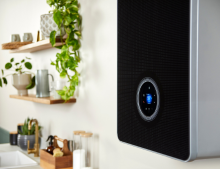For the heating and hot water industry, removing carbon entirely is a complex matter, largely because of the existing infrastructure, where the majority of UK homes use natural gas for heating.
Why hydrogen boilers?
Yet, with a third of UK greenhouse gases coming from our homes, it is quite clear that the UK will not meet its climate change targets without a change in home heating technology and fuel.
Replacing natural gas boilers with hydrogen gas may be the simplest solution to the nation’s heating problems. Hydrogen is a carbon-free fuel source and can fit into a current boiler’s physical space without much disruption.
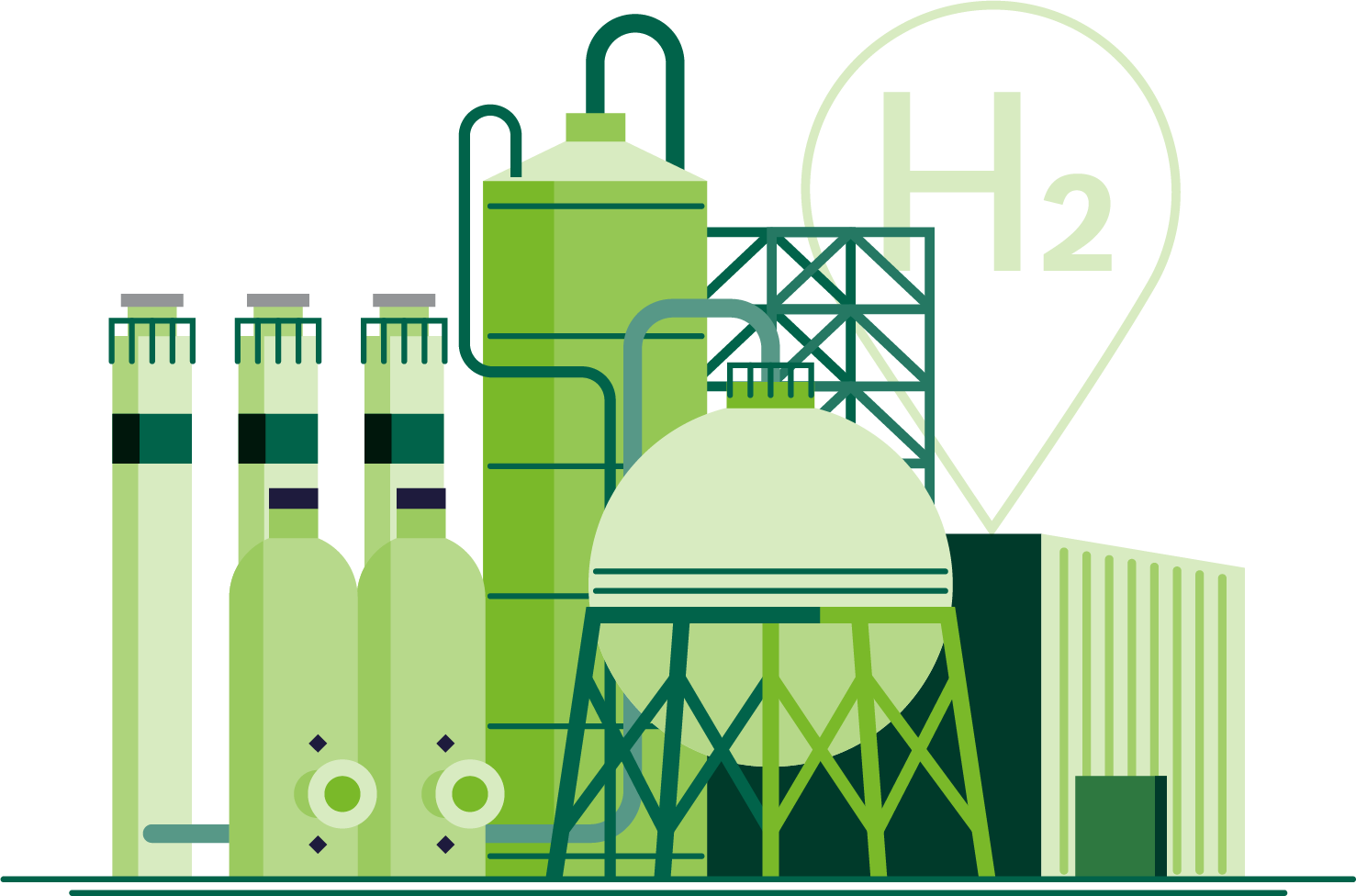
What does ‘Hydrogen blend ready’ mean?
Nearly all gas appliances that are in use today, including our boilers, are able to run on a mixture of hydrogen and natural gas.
This is called a ‘blend’ and sees 20% of the fuel source powering the appliance being hydrogen gas, with the remaining 80% being natural gas.
This means, that if the government begins to increase the amount of ‘green gases’ into the UK gas grid, your customers can be confident their new gas boiler will run for its lifetime without any wholesale changes to switch to an electric boiler for example.
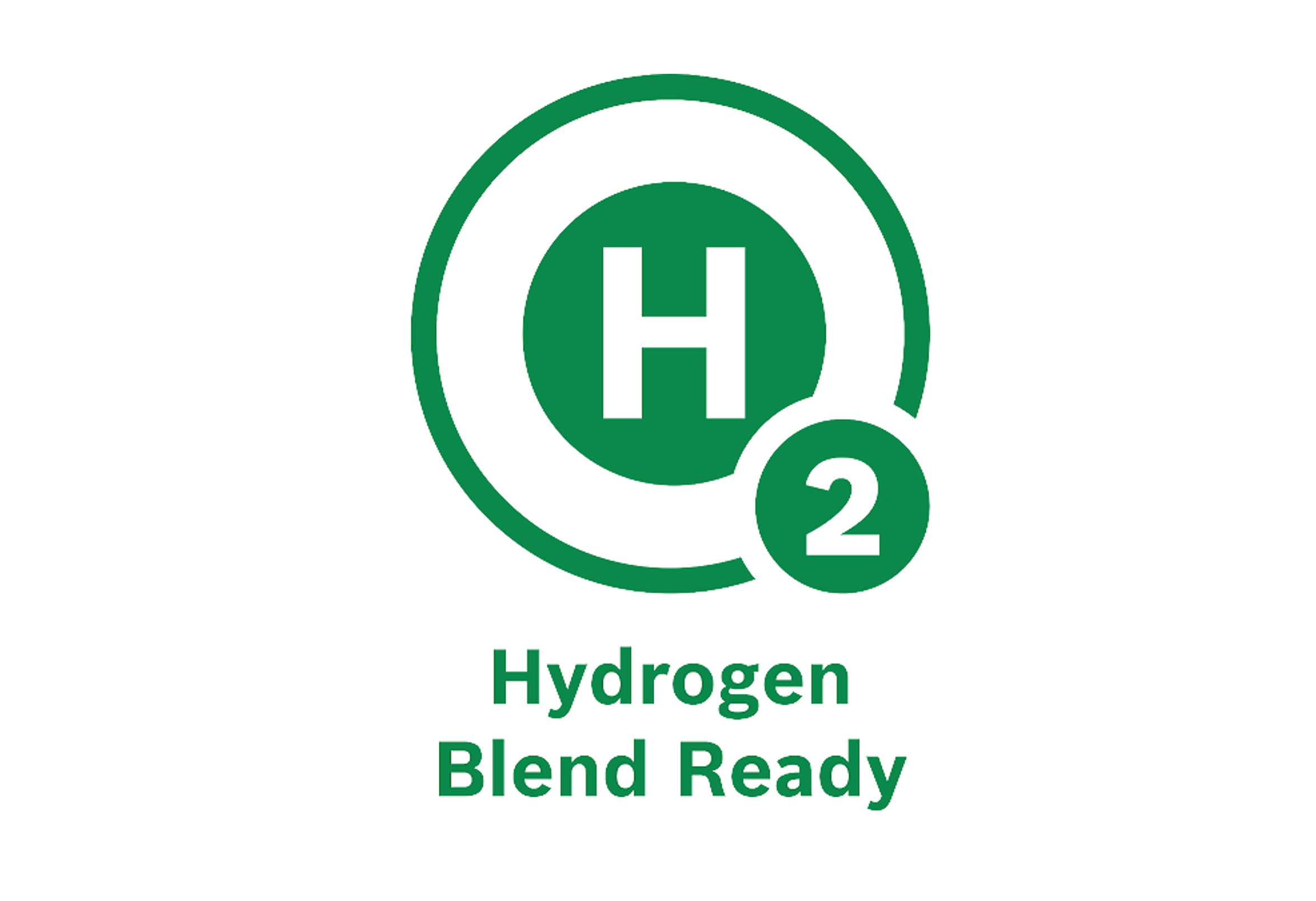
Carl Arntzen, CEO, on UK’s hydrogen strategy
“We are delighted to see the publication of the much awaited Hydrogen Strategy paper. It is clear from the announcement that the trials and research in this area have helped open the route for a hydrogen future, to which we are excited to keep exploring.
“With that in mind, we are optimistic that we will see hydrogen-ready boilers, such as the one from Worcester Bosch, feature prominently in this Autumn’s Heat and Buildings Strategy particularly following the recent price-promise made by the four leading boiler manufacturers.
“We will continue to work with industry and wider parties, as we further conduct trials into hydrogen heating and push for a positive Government decision in favour of the technology in 2026.”


The experts view
"The development of hydrogen-fired boilers could mean millions of existing heating systems in our homes can be saved, rather than the entire system needing to be replaced.
“The beauty of hydrogen as an alternative to natural gas is that as well as water as a by-product, we have already solved issues such as visible flame burn using a UV cell. The gas network is also in place, so homeowners won’t experience any major infrastructure disruption.”
“With fully developed prototypes, various trials planned and many heating engineers and manufacturers in agreement that this could be a viable solution to decarbonise heating and hot water, we are hopeful that the future will be hydrogen.”
Martyn Bridges - Director of Technical Communication and Product Management
FAQ's
What does the term 20% Hydrogen ready mean?
Nearly all gas appliances that are in use today, including our boilers, are able to run on a mixture of hydrogen and natural gas. This is called a blend and sees 20% of the fuel source powering the appliance being hydrogen gas, with the remaining 80% being natural, which is where the term 20% Hydrogen ready comes from.
What is a hydrogen-ready boiler?
A hydrogen-ready boiler is a gas-fired heating boiler which is capable of burning either natural gas or pure (100%) hydrogen. Hydrogen-ready boilers are the key to enabling conversion of the existing gas distribution networks from natural gas (which is mostly methane) to hydrogen.
Hydrogen is a carbon-free energy carrier and combustion of hydrogen produces no carbon dioxide at the point of use.
Hydrogen can be manufactured from water using electricity as a renewable energy source, or from natural gas accompanied by carbon capture and storage. Recent work, such as the H21 Leeds City Gate study, has shown that conversion of UK gas distribution networks is feasible and could help to decarbonise the heating of buildings. A hydrogen-ready boiler is intended to provide a like-for-like replacement for an existing natural gas boiler. The boiler can be quickly and easily converted to burn hydrogen at the time if the local network switches over.
What are the advantages and disadvantages of a hydrogen-ready boiler?
Many existing homes, despite energy efficiency improvements, still have relatively poor insulation and high rates of air exchange with the outdoors.
A hydrogen-ready boiler is capable of accommodating an existing high temperature heating system in a hard-to-heat building. Where costs are highly constrained, the boiler (and conversion of the local gas network) provides an accessible way to deeply decarbonise heat.
Heat users have high expectations of system control; to respond quickly to heat demands providing rapid warm-up of the building, or to deliver heat reliably in extreme weather events or times of unexpected building occupancy. Compared to other technologies, boilers offer very resilient and flexible heat delivery, and provide consistent performance in a wide range of operating conditions. From an end-user point of view, a hydrogen-ready boiler does not require any behaviour change and will provide the same delivery of comfort as an existing appliance.
Hydrogen also offers benefits for the energy system as a whole. In order to use a high proportion of renewable energy generation, electricity systems need large quantities of flexible energy storage. Hydrogen offers one of the most attractive means of providing large-scale energy storage. Heat is a very large energy demand which varies rapidly at key points in the day. Currently this demand is satisfied by the distributed energy storage intrinsic to the gas networks; the continual use of a form of gas for heating would relieve stress on future electricity systems, as well as offering overall energy flexibility and resilience. Creating a national hydrogen infrastructure would also open the door to wide-scale use of hydrogen for transport. Hydrogen fuel cells are seen as an attractive technology for commercial and heavy transport applications.
How does a hydrogen-ready boiler work?
The boiler is very similar to its natural gas predecessors; it is constructed and functions in much the same way as an existing condensing boiler. While some components are distinct, such as the flame detector, most are identical to those used in natural gas boilers today.
Converting a hydrogen-ready boiler from natural gas to hydrogen would take around an hour and involve changing a couple of components such as the burner. It is envisaged that Gas-Safe engineers will be trained to work with hydrogen by a qualification scheme similar to that available today for LPG.
How much would it cost to install a hydrogen-ready boiler?
There is no reason why, at similar scale, hydrogen-ready boilers should not reach a similar cost to natural gas boilers today. The ancillary components, accessories and controls will be identical to those for natural gas boilers. The property would at some stage require a hydrogen-ready gas meter to be fitted ready for network conversion, however this could be installed on a later date than the boiler. Initially, hydrogen-ready boilers might form a niche market, but a regulatory change mandating their installation would make them a high volume technology, just as natural gas boilers are today.

Future Heating
Learn more about the future of heating and our coalition with NatWest.
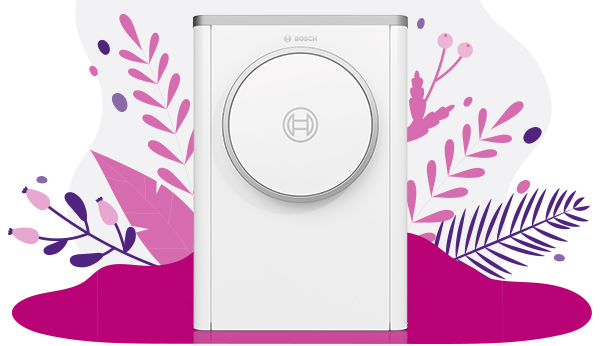
Heat Pumps
The greenest option and your key to reliable low carbon heating.
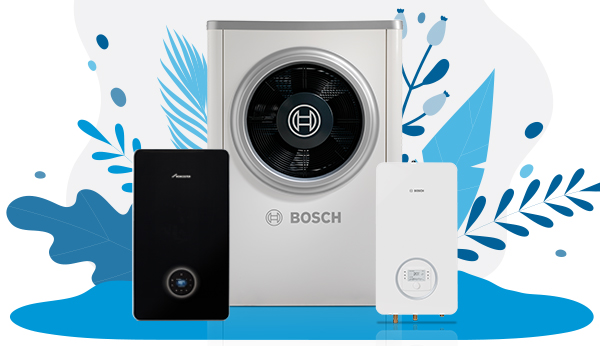
Hybrid Systems
A “best of both” green heating solution which is highly suited to UK homes.


